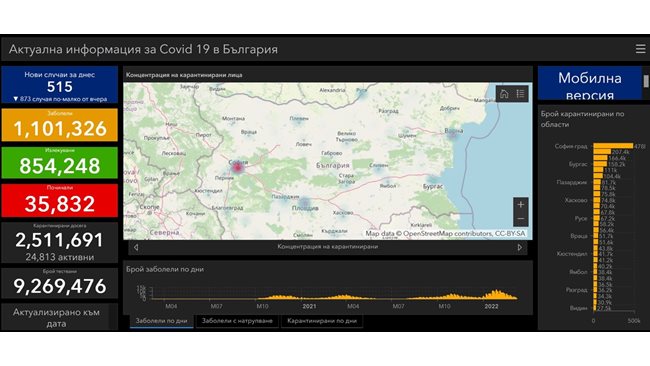More vulnerable to the virus, fragile people are not reassured by the total reopening without a mask to come while daily contamination is still very high.
“Let’s stand in solidarity with immunocompromised people. Let’s allow them to resume their lives as before. Inside, let’s all keep the mask on.” The message goes against the movement initiated in recent days and which will see, on March 14, the lifting of the vaccination pass and the obligation to wear a mask in closed places (except in transport).
And yet, the immunocompromised are worried while the level of circulation of the virus remains very high in the country. It must be said that they are the ones, despite vaccination, who are paying one of the heaviest prices in this war against the virus.
Thereby, Renaloo Association – who defends dialysis and transplant patients – recalls that if Omicron is a less aggressive variant of Sras-CoV-2 for the general population, it is not for the immunocompromised. “They remain at very high risk of serious form and death”, indicates the association. “Their mortality in the event of contamination remains very high. These people still represent a large percentage of intensive care stays, even though they have already received four, five or even six doses of vaccine”.
An opening that risks further isolating the most fragile
The end of the wearing of the compulsory mask indoors therefore arouses “great concern among the people concerned and threatens to exclude them even further from all social life”. Hence this solution of keeping the mask inside which would allow the most fragile to continue to enjoy leisure activities like everyone else.
The Renaloo association also draws up a “poor assessment of the protection of immunocompromised against Covid” by pointing out the number of deaths that could have been avoided but also the failures in access to treatment.
“Access to curative treatments for covid (Xevudy, Paxlovid) for all vulnerable contaminated patients remains extremely limited (respectively 4,000 and 1,500 patients treated throughout France as of February 25, 2022)” with strong regional disparities.
Long sidelined, the immunocompromised want to make their voices heard. They who have too often heard, in a slightly too light way, that after all, they were the only ones to die from the Covid with Omicron. “For all of the severely immunocompromised, the reduction in the severity of the Omicron variant is entirely relative and the pandemic is not over, indicates Renaloo. It is essential that they can finally access the protection adapted to their situation, which for them remains vital.”
–


